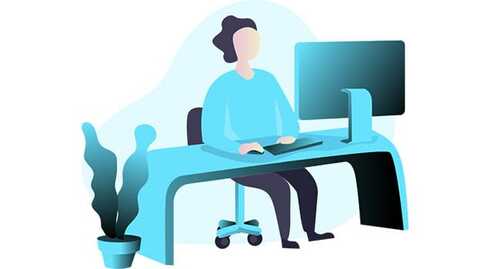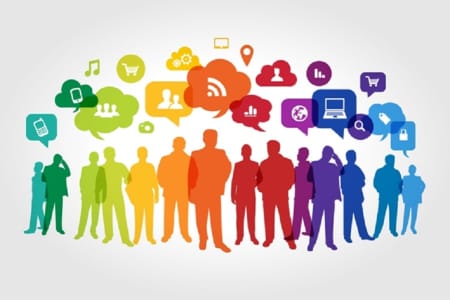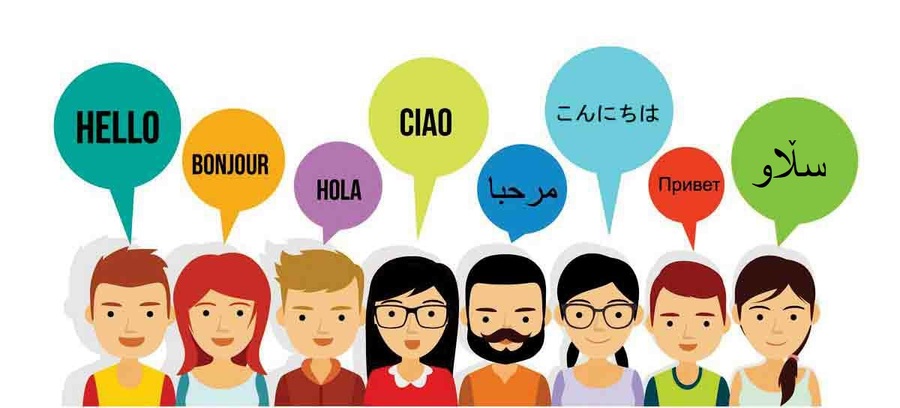UNESCO has defined "literacy" four times so far, the first of which is "reading and writing in the mother tongue." This important point made me turn to this subject so that we Kurds can pay more attention to ourselves and our language. We should not forget that the attempts to destroy our language continue by the invaders and our language is under threat of extinction, and we must work seriously for the further development of our language.
Definition of "Literacy"
It may interest you to know that the definition of “literacy” has undergone many changes in the last century, and this article is the fourth definition of literacy officially published by UNESCO. In short, according to this definition, an educated person is someone who can make a change in their life by using their education and learning.
In the article, discussion, and a brief study of the definition of literacy, from the beginning to the present, we will provide points about making changes in life based on the information and the procedures for achieving this important topic.
The first definition, the ability to read and write
The first definition of literacy offered in the early 20th century was limited to the ability to read and write in the mother tongue. According to this definition, a person is literate if they are able to read and write in their mother tongue.

The second definition, computer skills and knowledge of another language
In the late 20th century, the United Nations offered a second definition of literacy. In the new definition, in addition to the ability to read and write in their mother tongue, they added the ability to work with computers and learn another language. So, people who could read and write, work with computers, and speak and understand another language were called literate. According to this definition, even most students and university educated people were considered illiterate because they did not have the ability to speak and understand another language.
The Third Definition, plus 12 types of education
In the second decade of the 21st century, the United Nations again created a shift in the understanding of literacy. In this third definition, literate content was generally exchanged. Therefore, a person who has succeeded in receiving a doctorate in a university field is at least 5 percent literate. These points are:
1. Compassionate literacy: The ability to maintain compassionate relationships with family and friends.
2. Communication literacy: The ability to maintain good relationships with everyone and learn social behavior.
3. Economic literacy: The ability to manage the family economy, knowing ways to save and maintain a balance of income and expenditure.
4. Electoral literacy: Knowing which choices are prestigious and which are not.
5. Educational literacy: The ability to educate children appropriately.
6. Computer literacy: Knowledge of working with computers.
7. Health literacy: Knowledge of important information about healthy nutrition and disease care.
8. Race and ethnic literacy: Recognizing races and ethnic groups according to respect and non-discrimination.
9. Environmental literacy: Knowledge of ways to protect the environment.
10. Interpretive literacy: The ability to evaluate and interpret different ideas and logical reasoning, without nervousness.
11. Energy literacy: The ability to manage energy consumption.
12. Scientific literacy: In addition to university literacy, the ability to discuss and solve issues with scientific and rational methods.
Since literacy is linked to learning these points, the education system of countries should change according to these points.

The Fourth Definition, knowledge makes sense with action
UNESCO once again changed the definition of literacy. In this new definition, the ability to make a change has taken place. That is, a person is considered educated if they can make changes in their life by using their education and learning. Basically, this definition complements the previous definition, because knowledge of one subject does not mean having action.
If the points mentioned above and the learnings can make a change in life, then we can say, an individual is educated or not.









